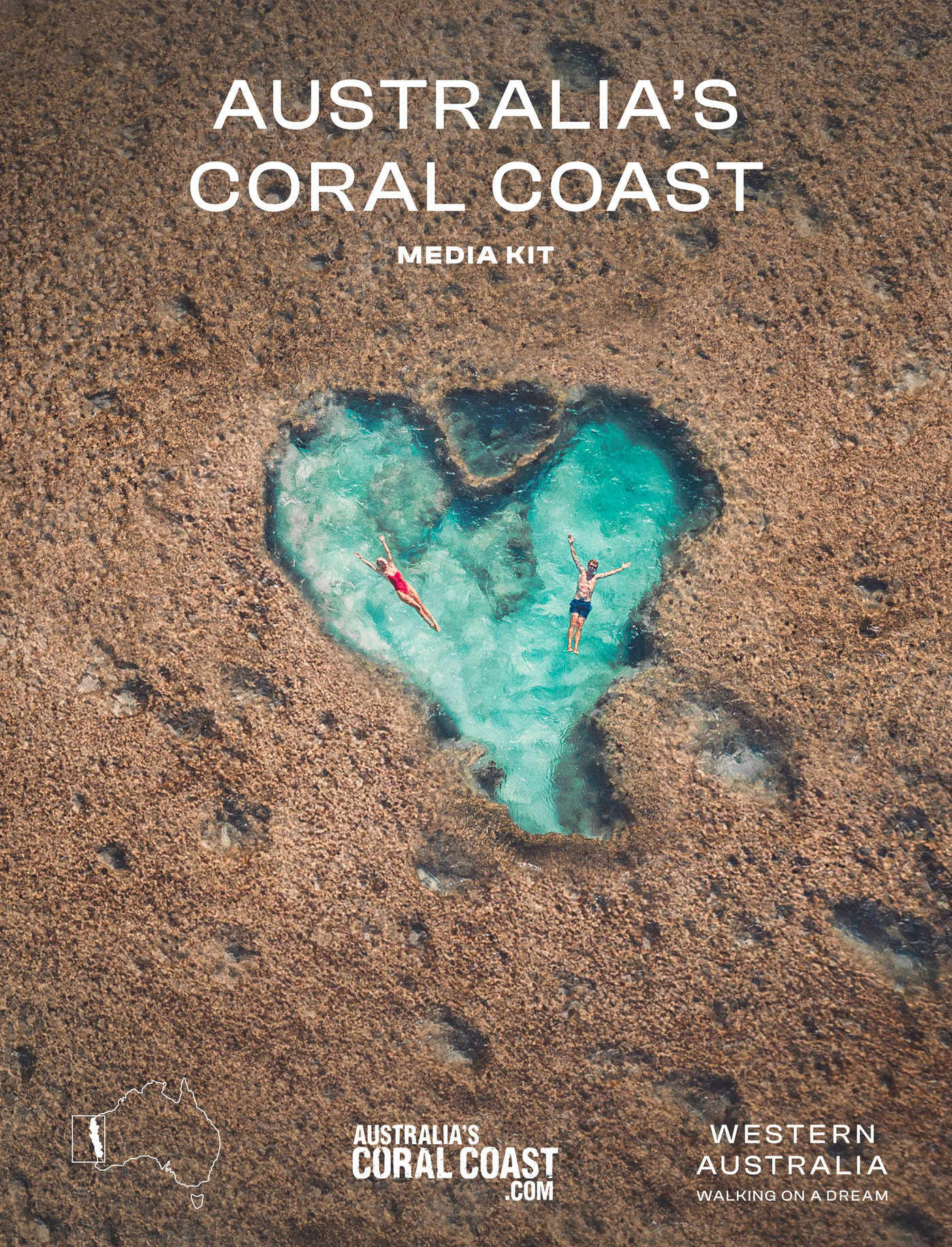Jun 10, 2024 · no, corals are not decomposers. They are marine invertebrates that obtain nutrients through a symbiotic relationship with photosynthetic algae living in their tissues. • identify key relationships in local ecosystems (e. g. , producer, consumer, decomposer, predator, and prey) • draw relationships among plants and animals in a simple food chain • describe. Coral reefs are the most diverse of all marine ecosystems. One quarter of all ocean species depend on reefs for food and shelter.
Aug 4, 2015 · the coral reef itself is an ecosystem that has producers, consumers and decomposers; However, the coral polyps within the coral reef are known as primary consumers. Nov 18, 2022 · is a coral a decomposer? Coral are omnivorous animals that play an important role in the food web of the reef ecosystem. They are secondary consumers, meaning that they eat.
Mochi Munchies: The Scandal That's Breaking The Internet
Madiiiissonnn: The Aftermath - One Year On
PlugTalk Winner's Dark Secret: A Whistleblower's Explosive Confession
